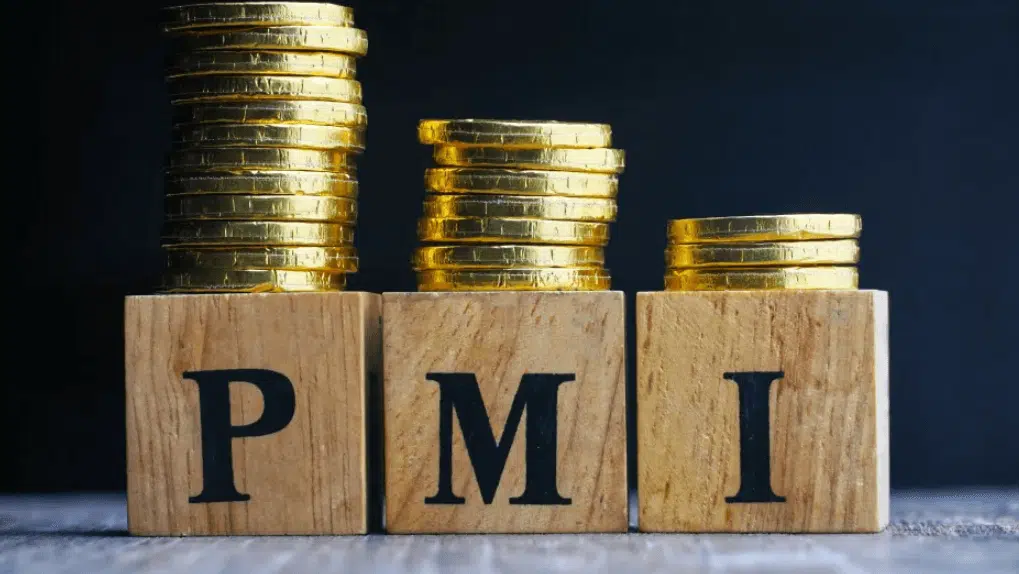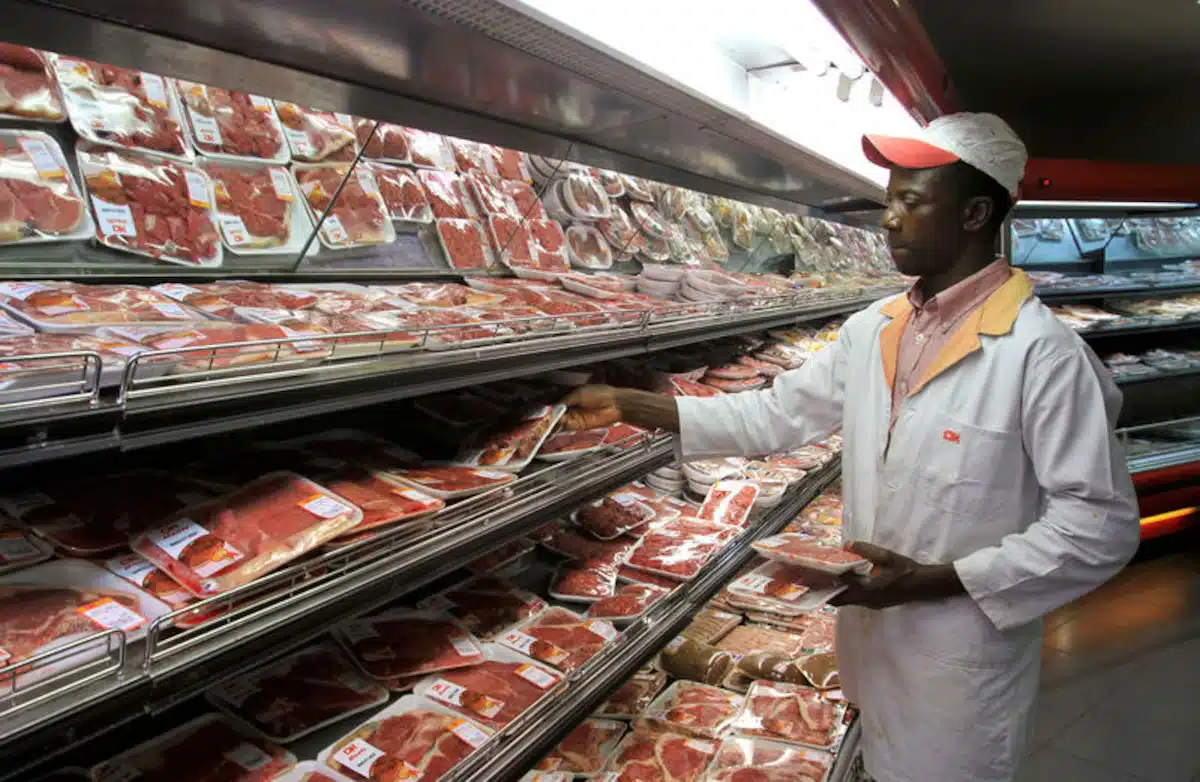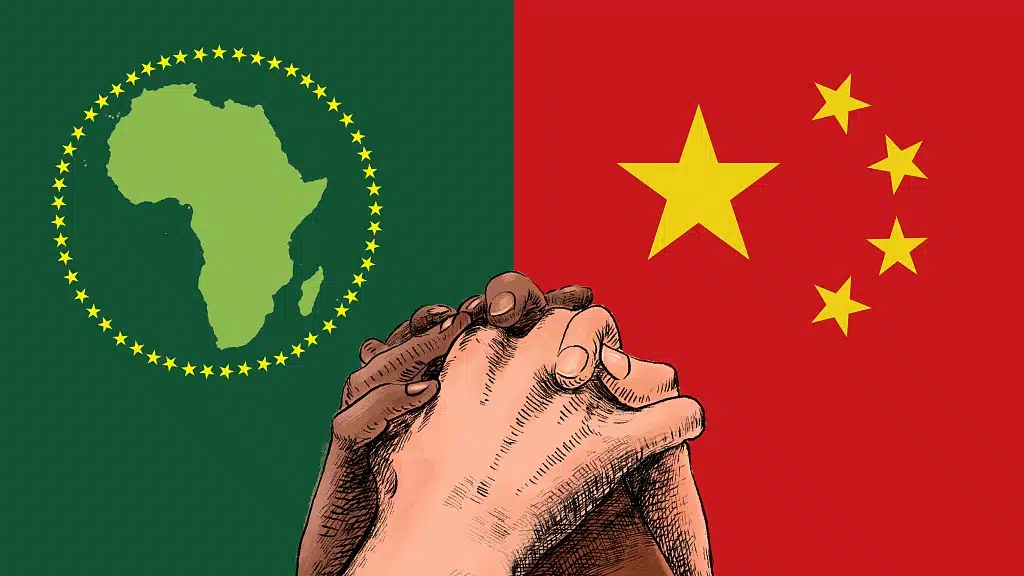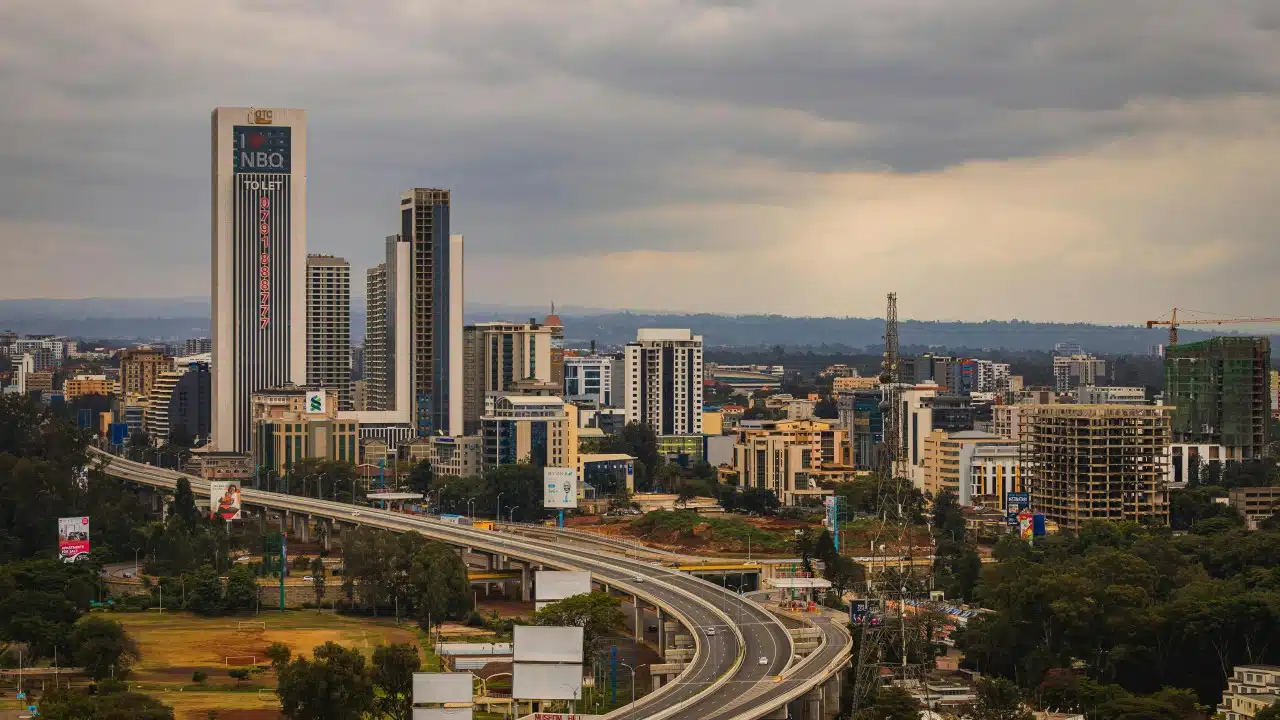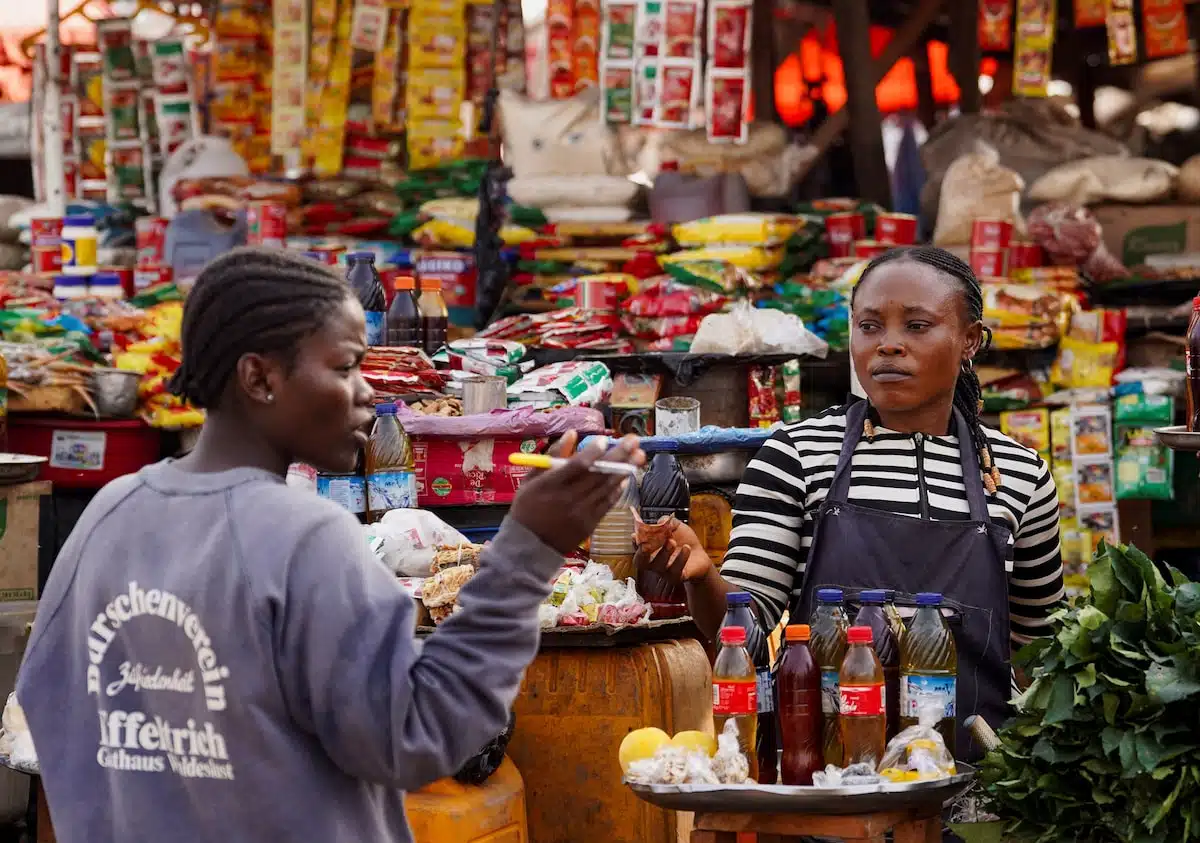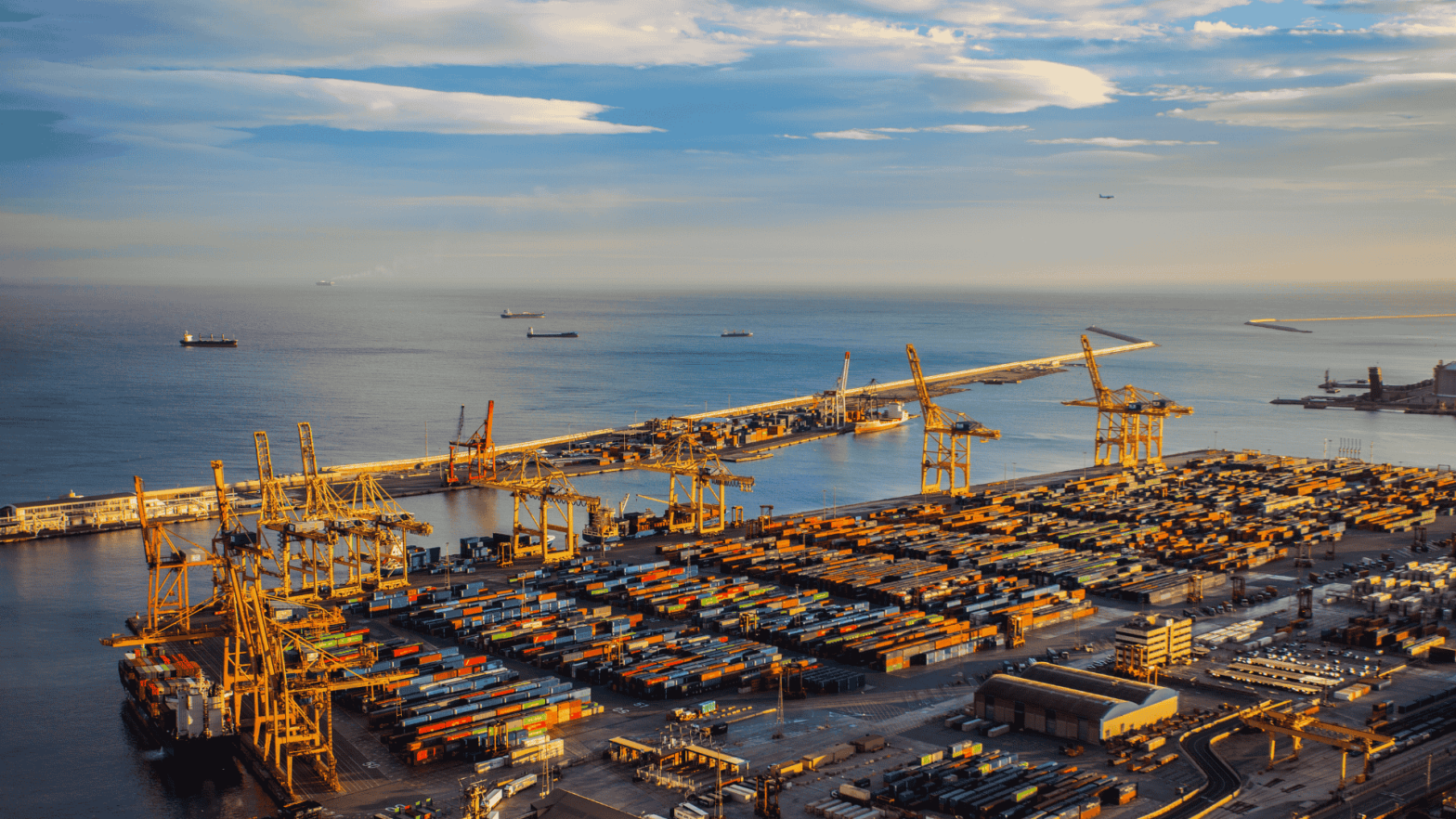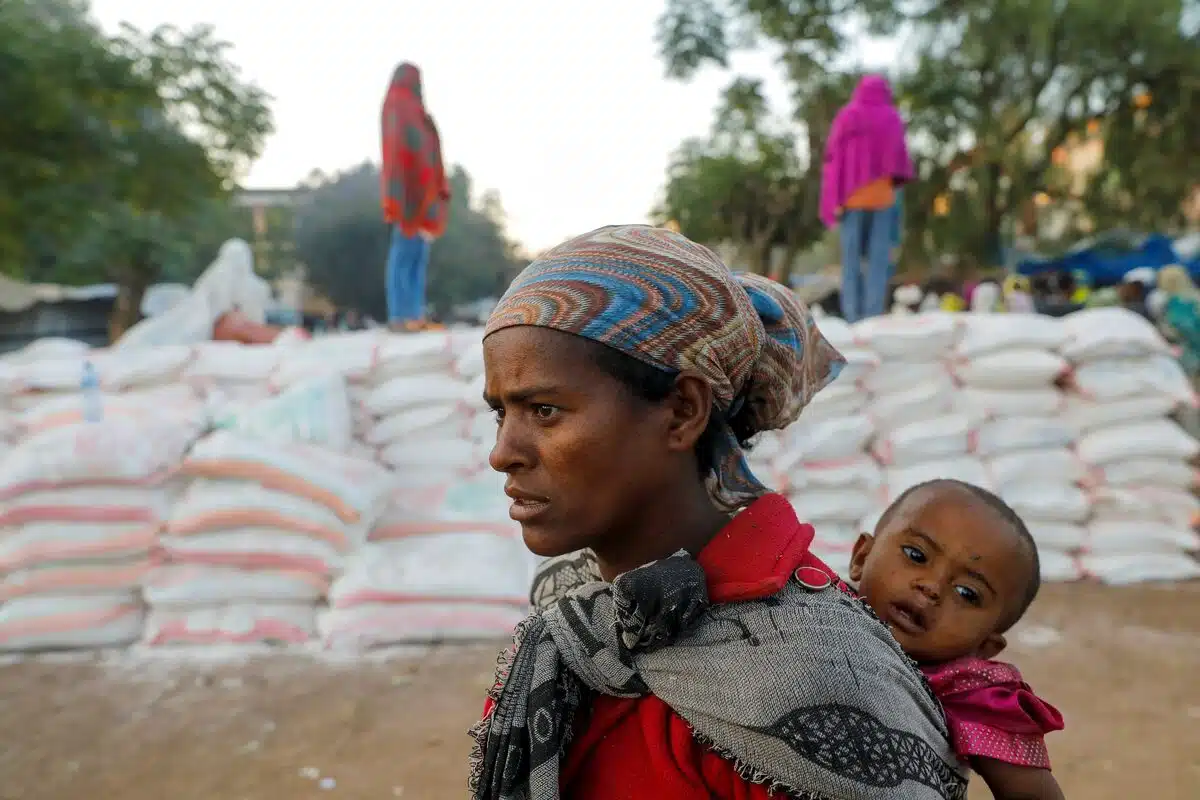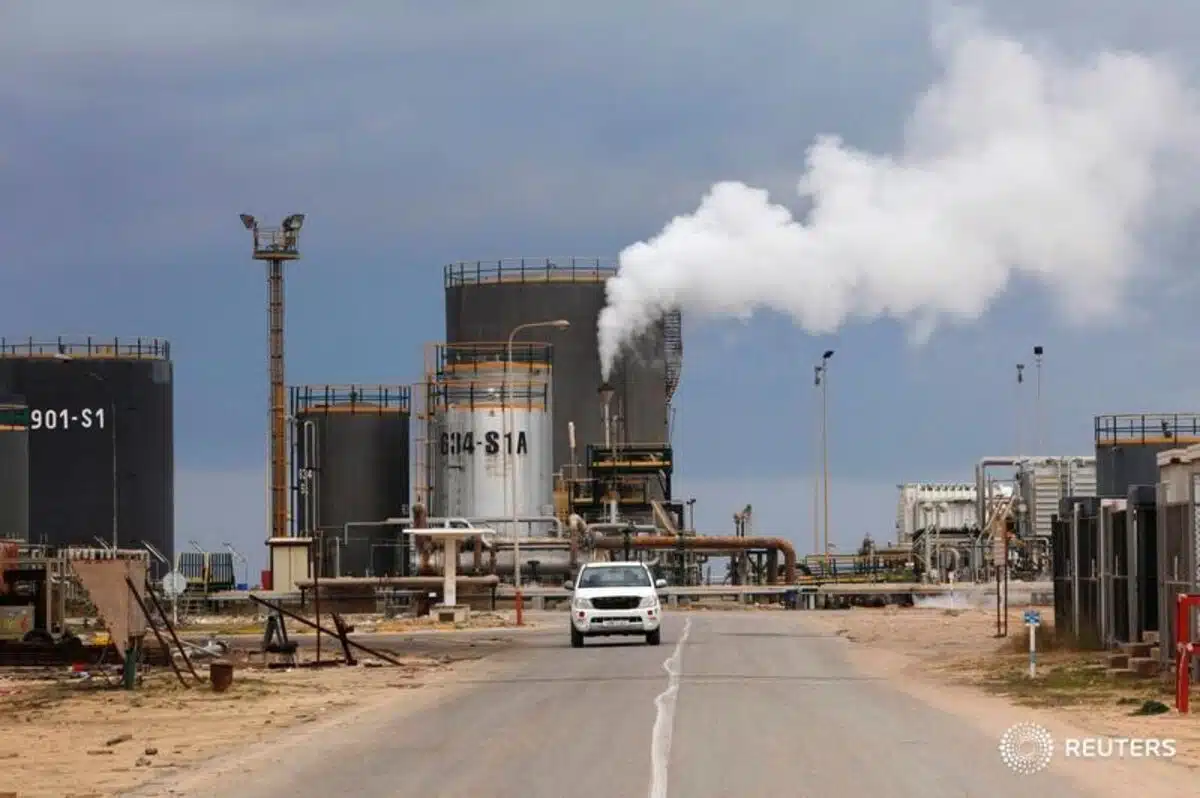Business activity across Nigeria, Egypt, South Africa, Ghana, and Kenya moved in different directions in July, with inflation, currency fluctuations, and political unrest weighing unevenly on private sector performance, according to the latest S&P Global Purchasing Managers’ Index (PMI).
Nigeria led the region with a headline PMI of 54.0, reflecting strong expansion. South Africa followed with a moderate reading of 50.3, and Ghana maintained its level at 50.2—both indicating marginal growth. Egypt’s PMI increased to 49.5, while Kenya ranked lowest at 46.8, its weakest reading in a year, dragged down by nationwide protests and rising input costs.
A PMI reading above 50.0 signals expansion in private sector activity, while a figure below that indicates contraction.
The PMI is based on monthly survey responses from roughly 400 private-sector companies across sectors, including agriculture, manufacturing, services, construction, wholesale, and retail. It is calculated as a weighted average of five indicators: new orders (30%), output (25%), employment (20%), suppliers’ delivery times (15%), and stock of purchases (10%).
Although some economies reported expansion, their proximity to the contraction threshold underscores the fragile state of business operations on the continent.
World Bank projections support these findings, forecasting a modest economic pickup in the region—from 3.3% growth in 2024 to 3.5% in 2025. However, the institution warned that conflict-affected countries are likely to lag, citing Kenya as an example.
Nigeria: Demand rebounds as inflation softens, boosting confidence
Nigeria’s PMI rose to 54.0 in July, up from 51.6 in June—the strongest reading in three months. Growth was supported by easing inflation, stronger output, and rising new orders, allowing firms to cut prices and attract more customers.
According to the Central Bank of Nigeria’s June inflation survey, only 71% of respondents perceived inflation as high, down from 75.3% in May—a sign of improving sentiment. Lower inflation helped boost project execution and client commitment.
Muyiwa Oni, head of equity research at Stanbic IBTC West Africa, noted: “Improved demand, softer inflation, and new product launches supported the boost in activity.”
However, wage costs rose as firms adjusted salaries to offset higher transport costs driven by currency depreciation. While confidence remains high—spurring plans for capital raises and marketing initiatives—some firms remain cautious due to macroeconomic complexities.
South Africa: Modest expansion, rising cost pressures
South Africa’s PMI inched up to 50.3 in July, from 50.1 in June, marking a third consecutive month of modest growth. The improvement was underpinned by rising business activity and employment, despite intensifying cost pressures.
“Business conditions across South Africa improved in July, driven by greater sales and increased employment,” said David Owen, senior economist at S&P Global, a global market intelligence company. However, he warned that wage inflation drove the sharpest increase in business expenses since April.
Services, wholesale, and retail sectors recorded price increases, while industrial and construction activity weakened—construction in particular posted double-digit declines in both input and output prices.
To contain inflation and protect household spending, the South African Reserve Bank held its policy rate steady at 7.00%. Despite inflationary pressures, business sentiment rose to its highest level since January, although it remains below the average for 2024.
Ghana: Cedi strength fuels disinflation, but demand dips
Ghana’s PMI slipped to 50.2 in July, down from 51.3 in June—the lowest reading in four months. A 30% appreciation of the cedi against the US dollar during the first half of 2025 helped curb inflation, but rising price stability came at the expense of domestic demand.
Lower purchase costs enabled firms to reduce selling prices, while inflation fell from 18.3% in May to 13.7% in June. In response, the Bank of Ghana cut its benchmark interest rate by 300 basis points to 25% in July, citing improved macroeconomic indicators and anchored inflation expectations.
Despite this, demand weakened. “July saw a setback in terms of output, with some signs of softening in current demand conditions,” said Andrew Harker, economist at S&P Global.
Employment numbers rose solidly, and firms used the cost relief to rebuild inventories and clear backlogs—the fastest rate of backlog reduction since mid-2024. Still, 83% of respondents expressed optimism, buoyed by expectations of currency stability and lower interest rates.
Egypt: Output and new orders fall at softer rates
Egypt’s non-oil private sector contracted for the fifth straight month in July, though at a softer pace than in June, as firms reported milder declines in activity and new orders.
The PMI rose to 49.5 in July from 48.8 in June — the highest reading in two months and joint-highest during the current five-month downturn. While still below the 50.0 threshold that separates growth from contraction, the latest figure points to only a marginal deterioration in operating conditions.
Employment rose for the first time since October 2024, albeit fractionally, as businesses reported securing new work and showed greater confidence to expand staff. Cuts in purchasing activity also eased.
Input price pressures accelerated during the month but remained well below the long-run average, with firms citing higher costs for select key items. Output prices saw only a slight uptick, suggesting customers are unlikely to face significant price swings in the near term.
“Although the Egypt PMI stayed below 50.0 in July, the latest survey data provided some cause for optimism,” said Owen. “Several firms reported securing new work, which helped soften the rate of decline in sales. Businesses also had the confidence to hire new staff, leading to the first employment growth in nine months, even if modest.”
Meanwhile, Egypt’s annual urban inflation eased to 13.9% in July from 14.9% in June, according to the statistics agency CAPMAS.
Kenya: Political unrest and inflation hit business hard
Kenya’s PMI dropped to 46.8 in July, from 48.6 in June—the lowest in a year—as political protests and rising inflation battered business sentiment.
Protests and disruptions have cost the economy roughly Ksh 10.4 billion ($80.3 million) in lost productivity, according to KTN News. “The unrest and economic strain have hit services and manufacturing hardest,” said Christopher Legilisho, economist at Standard Bank, adding that gains in agriculture and retail were not enough to lift overall activity.
Inflation rose to 4.1% in July, up from 3.8% in June, with fuel price hikes and new taxes pushing cost inflation to a seven-month high. New orders fell at the sharpest rate in a year, prompting firms to hike selling prices and reduce purchasing.
Despite these challenges, business confidence hit a 15-month high, with many firms banking on new product rollouts, branch expansions, and land acquisitions to drive future growth.

